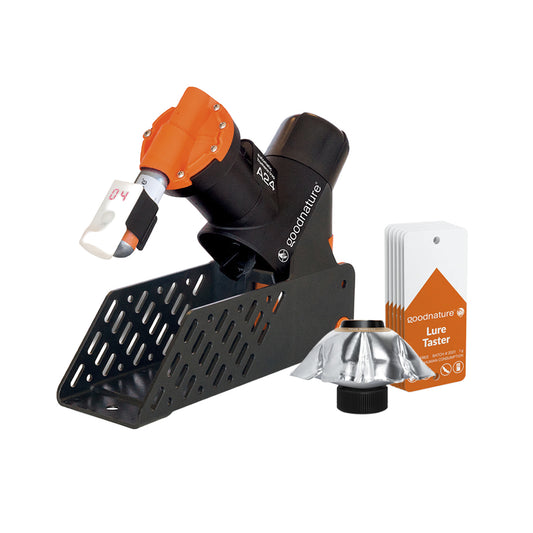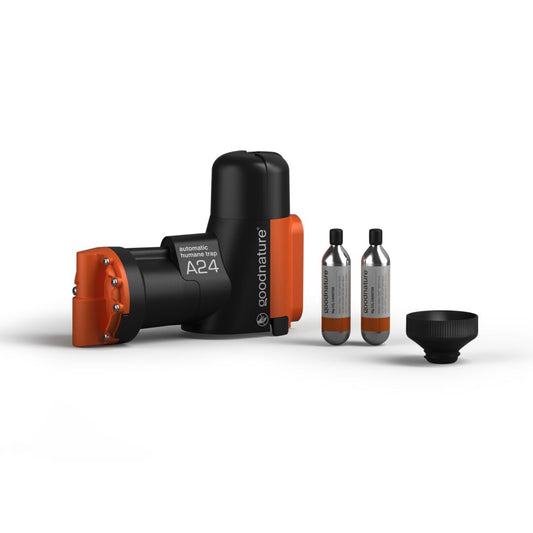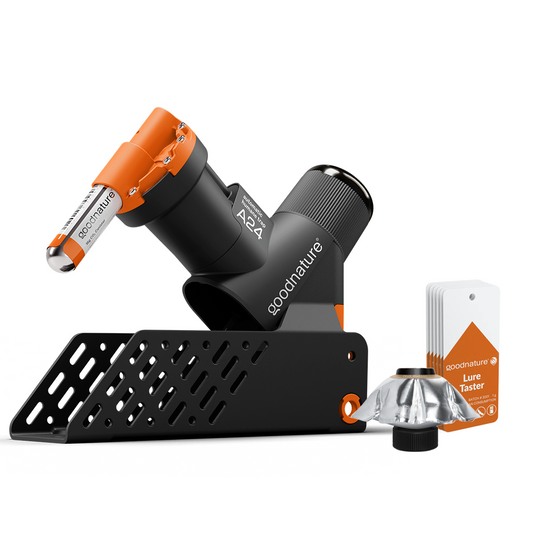
No matter where you live, or how well you take care of your living space, nature will find a way to get inside your home. This can happen in many ways. Viruses, bacteria, and pollen are just some things that enter your home.
There are also many unwelcome guests — like bugs, rodents, and other creatures that will enter your home. They crawl through any little nook and cranny that is available for them to squeeze through. These unwanted visits have less to do with the hygiene of your home, and more to do with the animal’s instinct to nest in a safe, warm place.
Why do rodents want to get into your home?
As any wise home or business owner with a dwelling to take care of, you take every precaution to avoid these furry friends from entering your property. However, animals such as these will find a way inside either way. This is due to a number of conditions:
Weather:
Just like humans, all animals (rodents included) look for a place to be safe and even nest for good. When weather conditions are bad, it is natural for any living thing to find shelter. Attics, basements, floor boards, and other hiding places are perfect for rats and mice to hide. Remember that their bodies are flexible enough to squeeze through very small spaces.
Food and Water:
Wherever there is a food source, there will be a creature searching for it. This is why kitchens, cafeterias, restaurants and family homes (no matter how clean they are) will attract rats and mice.
Lack of a prevention plan:
It is recommended, especially in older buildings, that all food sources are sealed tightly after each use, and that all table and kitchen surfaces are wiped clean prior to leaving the building for the rest of the day. Once the lights are out, and the humans are out of site, rodents start their search for food and shelter. Prevention is often the first step to keep this from happening
Resources:
Insulation, wires, straw, cardboard, paper, and other materials help rodents survive because they can use any of those things to build bigger nests, sharpen their teeth, and much more. Out of all of these materials, wires seem to be the most attractive to rats and mice.
Why do they chew on wires in the first place?
Let’s review the most common "rat wire" issues some homeowners face every day:
- Rodents do not go around looking for wires to chew on. Like previously stated, rodents just happen to like to hide in places where other hidden things are typically located, such as your home electric and security wiring systems.
- The issue with wires is that they are everywhere, and mice have an instinct to go after anything they can chew to keep their teeth from over growing. This said, if they don’t chew on wires, they will eventually chew on anything and everything else: glass, plastic, rubber, wood, aluminum, rock, and even cement.
- Even though rats can chew anything, a wire is a perfect object for grinding their teeth against. They can hold the wire while they chew, which gives them more control. As you know, mice and rats have sharp teeth, which grow continuously unless the animal can find a way to control such growth. This is why the wire seems to be their go-to choice.
- Keep in mind, rats and mice not only chew on house wires. They are also known to eat car wires as well. Many automotive companies are following the environmental trend and striving to use renewable materials in their automotive parts. Many have started using edible materials like soy as coating for automotive wires. Rats are attracted to the edible soy wire insulation and damage to automotive wiring has been steadily on the rise. Damage to an engine's wiring can not only be extremely costly — but it can also be very dangerous. Automobiles that are stored for any period of time should be protected from rats and mice. The engine should also be inspected for damage before use.
- If you have ever owned a hamster, you may know that they need a wood stick, a piece of cardboard or any other material that they can use to sharpen and level their teeth. This is no different with rats and mice.

So, why is it dangerous that mice and rats chew wires?
We have now determined that rats chew wires — along with almost everything else. The thing that sets wires aside from other materials is that wires are all over households, especially in places where rats and mice like to hide. These places include basements, attics, floor boards, and even the inside of your walls. These are the places where electrical wiring is typically hidden.
Wiring damage caused by rats and mice cost homeowners thousands of dollars. Here are some of the reasons why:
- Rats are known to gnaw on electrical wires to the point of shutting down an entire household’s electric system.
- They can also chew wires from a security system which can set off fire and other security alarms, prompting calls to your home from the fire department, and so on.
- A chewed rat wire can also cause house fires as it will shoot out sparks of electricity that can set insulation and other things set on the basement or attic on fire.
- Some wires are very hard to replace, while others take time to get serviced by companies such as Iinternet providers, phone companies, alarm and security companies, and even natural gas and electricity.
Here is the big question: How can you tell if rats have been gnawing at your wires?
These are tell-tale signs that rats or mice have invaded your space or have been gnawing your wires:
- Any spots in your attic where insulation seems to be removed, or pushed aside — typically, rats make their nests around insulation, not necessarily in it or on it. They tend to push it aside and make the insulation material into a sort of little "fort" that keeps them hidden and warm.
- Droppings on insulation, or around the attic/basement/floor boards areas- Rats can leave up to 200 pellets in one same spot.
- Signs of chewed paper, wood chips, wood filaments, or other "chewed up" material
- Smells of urine or a generalized putrefied, organic smell in those areas of the house
- Markings of teeth on wires, tubes, pipes, or any type of hard surface.
Next steps:
Now that you are better informed about the behavior of rats and mice, let’s talk about your next steps. There is a quick-kill way to extinguish your rodent problem. Whether it is mice, rats, chipmunks, or squirrels, there is a way you can track them, lure them, and eliminate them without resorting to animal cruelty. Check out the Goodnature A24 Rat & Mouse Control Kit as a safe alternative to traditional traps.
These are traps that are weatherproof and use no electric shocks or toxins. They reset themselves so that you do not have to worry about it. They are good for inside and outside pests, and they use a CO2-powered shot as the key method. Safe trapping methods and a preventative program for your home or business is key to deterring rodents from visiting you in the first place.
Do you have a rodent problem? Contact us at support@automatictrap.com with any questions or concerns about the Goodnature A24 trap.




